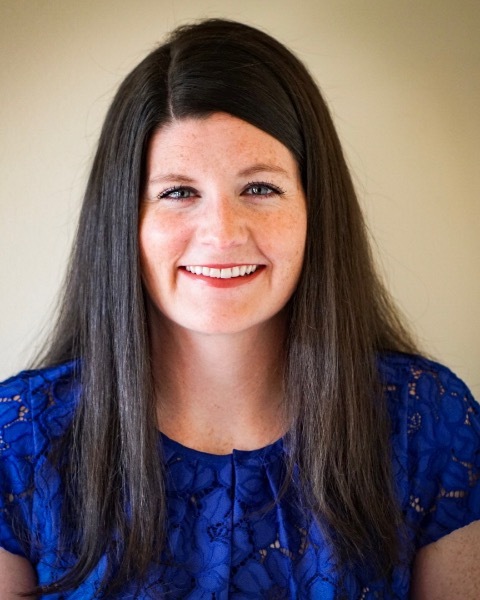
eAudiology
Incorporating Cognitive Screeners in Your Practice
-
Register
- Non-member - $60
- Member - $35
- Student - $10
AAA 2021 Virtual: Incorporating Cognitive Screeners in Your Practice
Presented at AAA 2021 Virtual
Presenter(s): Karah Gottschalk, AuD, PhD
Duration: 30 minutes
CEUs: 0.05 AAA
Instructional Level: Fundamental
Program Focus: Knowledge
Learning Outcomes: Upon completion, each participant in the eAudiology Web Seminar will be able to:
- Describe how to utilize cognitive screeners in practice.
- List how to score cognitive screeners correctly in practice.
- Discuss findings from screeners with patients and general health care practitioners.
Description:
Abstract: Cognitive screenings are a crucial tool to incorporate into hearing healthcare practices. A quick screening can provide additional information which may affect the treatment and recommendations given to a patient. The aims of this course will be to learn about the variety of cognitive screeners, how to score the screeners, how to incorporate these into your practice, and how to refer patients to necessary providers
Summary: As a society, we are living longer than ever before. As a result, the aging population of the world is expected to continue to grow in number. This aging population brings an increased demand from all healthcare fields, and as hearing healthcare providers we must handle this demand. Individuals are living longer, retiring at a later age, and obtaining new hobbies later in life. While our field has adapted to these changes, both through new technology and better testing techniques, we are forgetting an integral part: cognition.
As hearing healthcare providers, we know that one’s cognitive status, physical health, emotional status, and mental health can have critical impacts on an individual’s hearing. While we know of this importance, what is being done to incorporate these into audiology practices? Research has shown that an association does ex ist between hearing loss and an accelerated cognitive decline, yet, what are we doing as hearing healthcare professionals to address this?
Cognitive screenings are within the scope of practice of audiologists yet are not widely used in practice. In fact, these tools are widely underutilized by many healthcare providers. The National Institute on Aging suggests that primary care physicians are often unaware of cognitive impairments in their cognitive-impaired patients. While just a screening, these tools can provide additional information that may give the hearing healthcare provider a complete picture of an individual patient.
It is possible hearing healthcare providers were not trained in their graduate career on these screenings. Perhaps they do not feel comfortable discussing the findings from the screenings. Maybe they are unsure of who to refer to after completing these screenings, or perhaps clinic time may not permit for this screening to occur. These are the variety of issues we must surmount to allow patients and providers to benefit from cognitive screeners. The purpose of this session is to provide training on the assessments available, how to administer the screenings, how to score the screenings, how to discuss the outcome of the screening with patients, and how to properly refer their patient.
An individual’s cognitive status can have a major impact on how a hearing healthcare provider may provide recommendations, as well as the possibility of impacting hearing aid settings and features. Cognitive screenings can be a useful tool to keep in one’s clinical battery to better assist the aging individual and their family in receiving the best possible hearing care.

Assistant Professor, Nova Southeastern University
Karah Gottschalk, Au.D., Ph.D. obtained her BA from the University of Florida and AuD from the University of Louisville. After completing her Au.D. studies, she started an audiology department in a hospital in New York. This department provided needed diagnostic services to counties which previously did not have access to vestibular/hearing services. Addtionally, she was a clinical preceptor/adjunct professor at Syracuse University. During this time, she decided to pursue a Ph.D. in Gerontology at the University of Kentucky. While in Kentucky, she worked clinically in a residential facility for adults with mental and learning needs and in nursing homes around the area providing hearing services. She completed her Ph.D. in Gerontology at the University of Kentucky which focused on the relationship between hearing loss and cognition in adults. She is currently an assistant professor at Nova Southeastern University whose research interests center around hearing loss, cognition, aging, and the brain.
Disclosure: Financial Disclosures: I do not have any relevant financial relationships with anything to disclose.
Non-Financial Disclosures: I do not have any relevant non-financial relationships with anything to disclose
